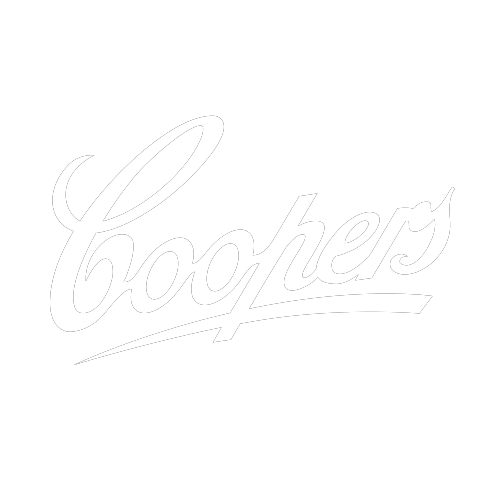Now You're Speakin' My Language
Digital Commissions
15 July–31 December 202315 Jul–31 Dec 2023
#IMAxNOWNESSASIA
A series of experimental videos exploring how language connects us across oceans, rivers, lands, imposed borders, and time.
Taungurung curator Kate ten Buuren has commissioned five artists with Australian First Nations, Southeast Asian, and Asia Pacific backgrounds to create new videos that reflect on the ways that language and story connect us across oceans, rivers, lands, imposed borders, and time. The works will premiere on Nowness Asia, a global film platform, introducing the artists’ works to a global audience. Now You’re Speakin’ My Language is a commissioning partnership between the IMA and Nowness Asia.
Watch the films online at Nowness Asia.
-
Artists
Curated By
- Kate ten Buuren
Tiyan Baker works in photography and video, sculpture and installation. She draws on historical research to trace unseen relationships between words, places, and stories. Centring her Bidayǔh culture in her works, she is interested in things she has unknowingly inherited. Living far from her native lands, culture, and family, in the midst of the recolonisation of Borneo, she explores all that can be mistranslated or lost and what can manifest in its place. Part salvaging and part speculating, her imaginative storytelling and world-building reclaims her indigenous heritage in the face of intergenerational shame and disadvantage, systematic destruction of culture, and geographical disconnection from kin. Born and raised on the Larrakia lands known as Darwin, she lives on the Awabakal and Worimi lands known as Newcastle, Australia.
Jenna Lee is a Gulumerridjin (Larrakia), Wardaman, and KarraJarri Saltwater woman of mixed Japanese, Chinese, Filipino, and Anglo-Australian ancestry. She works in photography and video, sculpture and installation, and body adornment to celebrate her overlapping identities. With a practice focused on ancestral material culture, she works with notions of the archive, histories of colonial collecting, and settler-colonial texts. She ritualistically analyses, deconstructs, and translates her sources, transforming them into new forms of cultural beauty and pride. Driven to create work in which she, her family, and the broader mixed First Nations community see themselves represented, she builds on a foundation of her father’s teachings of culture and her mother’s teachings of papercraft.
Jenna Lee is a Gulumerridjin (Larrakia), Wardaman, and KarraJarri Saltwater woman of mixed Japanese, Chinese, Filipino, and Anglo-Australian ancestry. She works in photography and video, sculpture and installation, and body adornment to celebrate her overlapping identities. With a practice focused on ancestral material culture, she works with notions of the archive, histories of colonial collecting, and settler-colonial texts. She ritualistically analyses, deconstructs, and translates her sources, transforming them into new forms of cultural beauty and pride. Driven to create work in which she, her family, and the broader mixed First Nations community see themselves represented, she builds on a foundation of her father’s teachings of culture and her mother’s teachings of papercraft.
James Nguyen works in Australia and Vietnam. His videos, installations, and actions offer a way to think more openly about the world. Ranging from the diasporic absurd to representational refusal, everything and anything is up for grabs. He has a PhD from UNSW (on broken translations), a Master of Fine Arts from the University of Sydney (on the cinematic body), a Bachelor of Fine Arts (Hons) from the National Art School, and a Bachelor of Pharmacy from Charles Sturt University. He was a collaborative fellow at UnionDocs (Centre for Documentary Arts, Brooklyn, New York). He shows locally and internationally.
Chi Tran is a writer and filmmaker based in Naarm/Melbourne. She explores themes of everyday life and loss, with an emphasis on language and expression. Her lyrical and critical works blend fantasy, theory, and slow cinema, with stories focusing on the textures of human emotion, rooting the metaphysical in personal, physical experience. Combining a research-based approach to writing with a run-and-gun filmmaking method, she often inspired by real-life stories of her own and of those she lives with. Through world building and the manipulation of time, light, and language, she asks how useful the imaginary can be in forging new paths for relation and understanding.
Chi Tran is a writer and filmmaker based in Naarm/Melbourne. She explores themes of everyday life and loss, with an emphasis on language and expression. Her lyrical and critical works blend fantasy, theory, and slow cinema, with stories focusing on the textures of human emotion, rooting the metaphysical in personal, physical experience. Combining a research-based approach to writing with a run-and-gun filmmaking method, she often inspired by real-life stories of her own and of those she lives with. Through world building and the manipulation of time, light, and language, she asks how useful the imaginary can be in forging new paths for relation and understanding.
Gutiŋarra Yunupiŋu is a Gumatj man using new technologies to create contemporary expressions of timeless Yolŋu culture. His filmic self portraits created at the Mulka Project, a digital library and production centre located in Yirrkala in north-east Arnhem Land, explore his connection to Country. Born deaf, his work tests the possibilities of non-verbal communication in examining and representing self and culture.
Kate ten Buuren is a Taungurung curator, artist, and writer working on Kulin Country, who investigates collective and collaborative ways of working. Her interest in contemporary art, film, and oral traditions is grounded in self determination, self representation, and the power of knowing one another. She is the founder and active member of First Nations arts collective This Mob, who make space for young artists to connect and create on their own terms. She is a curator at the Australian Centre for the Moving Image, Melbourne/Naarm, and was previously curator at Koorie Heritage Trust.






